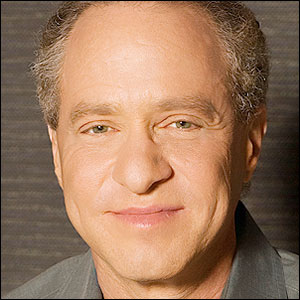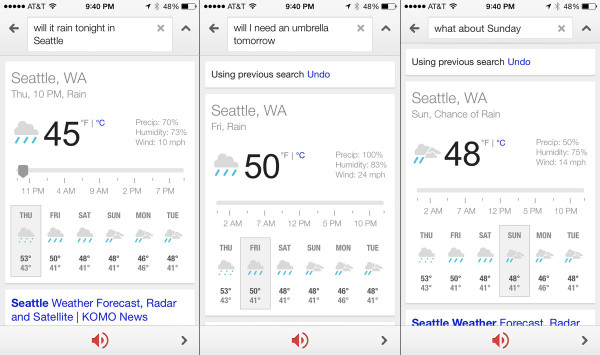Ray Kurzweil’s Job At Google: Beat IBM’s Watson At Natural Language Search
If Ray Kurzweil is right, computers will be smarter than humans 15 years from now. It’s called “technological singularity” and a big part of his job at Google is making sure that vision becomes reality. Kurzweil, an inventor and futurist that became Google’s Director of Engineering in late 2012, recently told the Guardian that his […]

Kurzweil, an inventor and futurist that became Google’s Director of Engineering in late 2012, recently told the Guardian that his sole job at Google is to make the company’s computers as smart as humans — smarter, actually — when it comes to natural language understanding.
Anyone in the search industry should have no trouble seeing the implications of what Kurzweil and his team are doing. Consider his quote here about trying to make Google’s computers smarter than IBM’s Watson:
Computers are on the threshold of reading and understanding the semantic content of a language, but not quite at human levels. But since they can read a million times more material than humans they can make up for that with quantity. So IBM’s Watson is a pretty weak reader on each page, but it read the 200m pages of Wikipedia. And basically what I’m doing at Google is to try to go beyond what Watson could do. To do it at Google scale. Which is to say to have the computer read tens of billions of pages. Watson doesn’t understand the implications of what it’s reading. It’s doing a sort of pattern matching. It doesn’t understand that if John sold his red Volvo to Mary that involves a transaction or possession and ownership being transferred. It doesn’t understand that kind of information and so we are going to actually encode that, really try to teach it to understand the meaning of what these documents are saying.
The bolding at the end there is mine. That idea of understanding the meaning of web documents should sound familiar: Google’s Hummingbird algorithm is all about finding the meaning behind words in search queries and words on web pages/documents.
Here’s Kurzweil explaining how his work at Google will change search:
And my project is ultimately to base search on really understanding what the language means. When you write an article you’re not creating an interesting collection of words. You have something to say and Google is devoted to intelligently organising and processing the world’s information. The message in your article is information, and the computers are not picking up on that. So we would like to actually have the computers read. We want them to read everything on the web and every page of every book, then be able to engage an intelligent dialogue with the user to be able to answer their questions.
Google is already doing “intelligent dialogue” with searchers, albeit in a limited fashion. It’s what that conversational search feature announced last year is all about. You can ask Google, “How old is Barack Obama?” and get the answer, then follow-up with something like “How tall is he?” and Google understands that you’re still referring to Obama. It’s also evident in Google weather searches, as I showed just a couple weeks ago:
If you haven’t read the full Guardian article yet, I’d block aside 10 minutes to read it. It doesn’t specifically discuss Google search too often, but the implications of Kurzweil’s work on Google search are obvious — and important to anyone working in the search industry.
(Kurzweil image by Humanity+ and used under Creative Commons license.)
Contributing authors are invited to create content for Search Engine Land and are chosen for their expertise and contribution to the search community. Our contributors work under the oversight of the editorial staff and contributions are checked for quality and relevance to our readers. The opinions they express are their own.
Related stories
New on Search Engine Land
